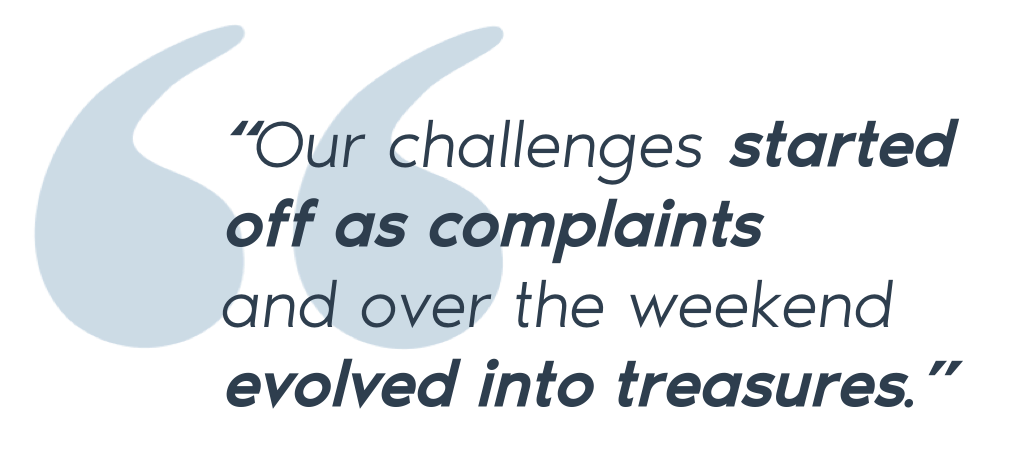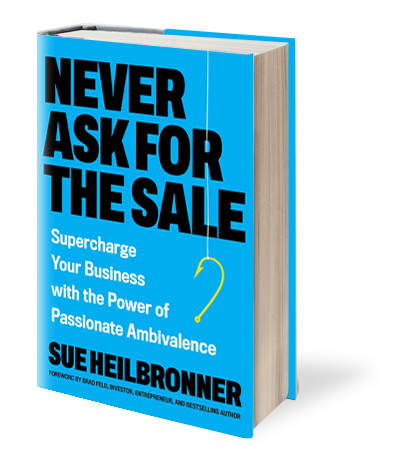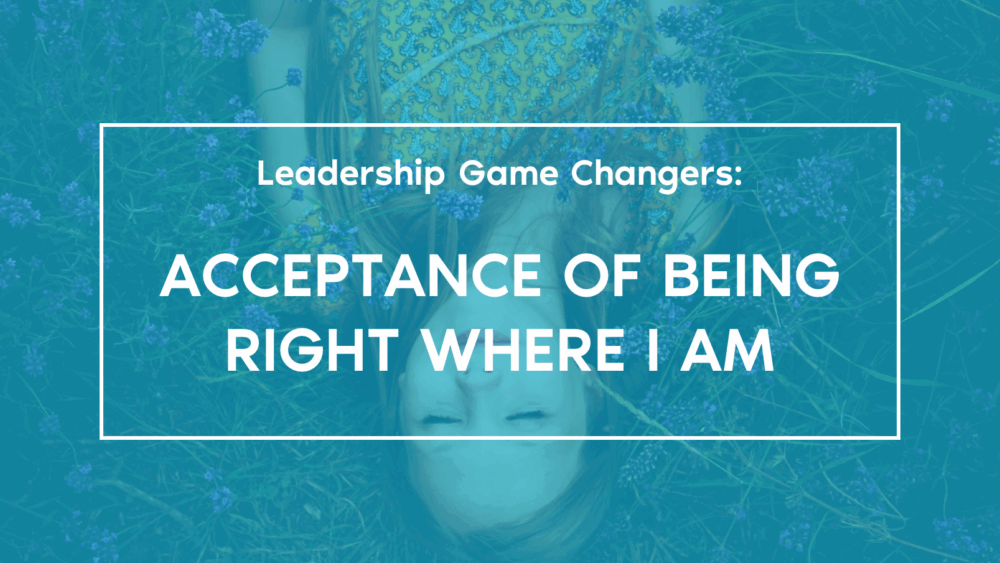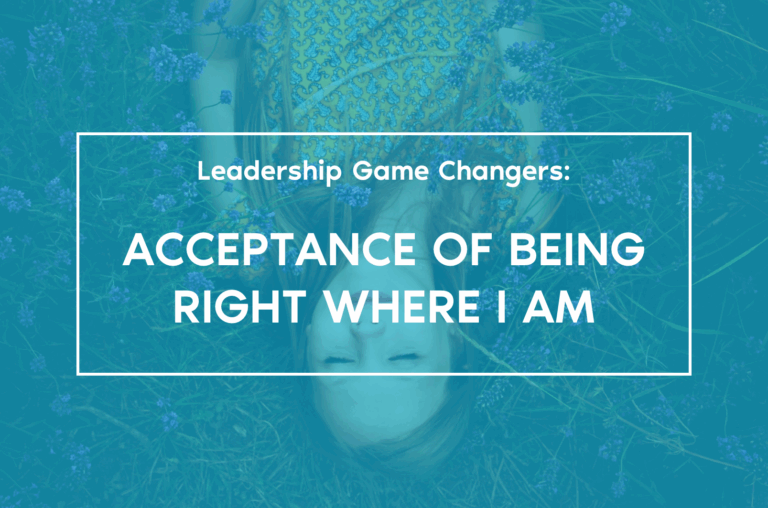Does Life Really Have to Be So Hard?
Part 2: Camp
This is Part 2 in a Series about what led me to attend my first Leadership Camp and then begin working with the Camp team. Read Part 1: Say Yes, Show Up, and Be Present. Really, go read it. If you choose not to, know that this starts with my reflections on being a part of my first 2.5-day Leadership Camp.
Once I signed up for Camp, I realized in addition to getting to spend time with Sue, I’d get two and a half days with Leah Pearlman. I’d seen her speak at TEDxBoulder in 2016 and had left feeling inspired, I read and reread her Dharma Comics book until I felt like I knew her without ever actually meeting her. I reread the book yet again two days before camp and it reinvigorated my excitement for the weekend.
I showed up to Camp without knowing what I was going to experience, having decided to sign up only days before Camp began. Yet I felt energetic and open for what was to come. We were a small group, and in a single morning, Sue and Leah supported us to build trusted intimacy with total strangers. I felt a rush of adrenaline in revealing personal stories, hopes, and fears to people who I had only just met. After our cohort felt connected, the rapid learning began.
Part of each day was deeply educational. Sue and Leah covered various concepts of Conscious Leadership, to which I had never been introduced, including:
· The Enneagram Types
· The importance of the distinction between Context and Content
· The distinction between operating in an Open vs. Contracted state
· The Commitments of Conscious Leadership
· The Drama Triangle
· Shift Moves
· Conscious Listening and Quality Feedback
These lessons always had three parts:
1) Introduction – Sue and Leah used a large sticky pad and personal stories from their own lives to teach the concepts
2) Practice – we divided up into smaller groups and applied what we learned to our own work and lives
3) Debrief – we followed up with insights, questions, and feedback so the whole group could learn. Applying what we learned right away in real-time both reinforced the concepts in an embodied way and gave us tremendous opportunity for breakthroughs on the real issues in our lives.
Beyond the content, Sue and Leah added something even more special, which I believe is their secret sauce: powerful, personalized lightening coaching.

Each attendee brought a unique personal challenge to work through at Camp. Our challenges started off as complaints and over the weekend evolved into treasures. We dug into the underlying patterns keeping our problem in place. We uncovered more about ourselves and how we create our own work and life circumstances. During the personalized coaching, Sue and Leah would courageously but compassionately invite an individual to dig even deeper. Because the room was comprised of people so willing to change, nearly everyone would take the invitation. With the whole room as witness, we all learned so much from each other’s experience.
Sue and Leah seemed to have an effortless ability to understand each of us at a core level — and this, after only knowing most of us for a few hours. This speaks to the amount of personal work they have done on themselves, and their seasoned experience as coaches. Their level of mastery translated into insightful questions and challenging feedback that seemed to resonate deeply with each coachee. As facilitators, both Sue and Leah led us down a path to discovery. They were unafraid to push us for the sake of our growth and freedom.
Sometimes the group would hold space for one person to dive deep. Other times we would contribute to each other’s exploration Often we would observe Sue and Leah role modeling authentic leadership to support an attendee’s breakthrough.
If I heard about this before coming, I might have thought I would be antsy to get to my particular issue. In reflecting back on those 2.5 days, I never found myself wanting to rush through anyone else’s experience. Witnessing the transformation of my cohort was exciting, invigorating, and educational. Watching others taught me volumes about myself. And when it was my turn, Sue pushed me to the depths of my issues with my own startup, WildeGuide (Explained in Part 1).
Through bold questions and surprising answers, I learned that the uncertainty about the company’s future, with which I came to Camp, was not a result of the company itself. I saw how I have been committed to the unconscious belief that life requires hard work, effort, and struggle. This unconscious commitment has influenced many of my life decisions. I’ve historically made choices to pursue things that are particularly, and in some cases, unnecessarily, hard. WildeGuide and its business model is no exception.
This single realization helped me explain nearly every professional choice I have made and every goal I have set. It explained why I never feel accomplished, and why after every achievement, I am already pursuing the next big thing. While being committed to hard work and struggle, rest and ease have never been an option. This discovery has helped connect so many dots in my life.
I have also accepted that I am not ready to shift on this issue. As of writing this, I still hold a belief that in order to feel accomplished, it’s not enough to accomplish something, I must always be accomplishing the hardest thing out there. Becoming aware of this foundational belief and my unwillingness to change it has radically altered the way I show up in the world. At least now I realize I’m in control. I’m choosing what I’m choosing rather than feeling at the effect of it all.
Claiming my (previously unconscious) commitment, as well as taking responsibility for keeping it is empowering. I’m right where I am, and for now, that’s fine by me.
Exercise
Accepting Yourself for Being Right Where You Are
- See if you can notice one unconscious commitment you have this week.
- The trick to this is thinking about something to which you say you’re committed all the time (getting a promotion) and then looking at the evidence or results…what’s here right now (I’m in the same job I’ve been in for 5 years). That would look like an unconscious commitment to be static in your work life. Others include, for example, a commitment to the belief that life requires hard work, effort, and struggle (when you walk around saying you want life to be easy and breezy).
- Share your newly discovered unconscious commitment with at least one person… a colleague, friend, coach, or mentor.
- Remember, you’re revealing that you’re committed in this moment, not forever.
- Appreciate yourself for noticing and claiming your (previously unconscious) commitment.
- This exercise is about acceptance, not yet about shifting or changing your unconscious commitment. If you want to go deeper into the why, here’s an exercise for exploring the benefits you believe you’re getting from remaining below the line on your issue.


